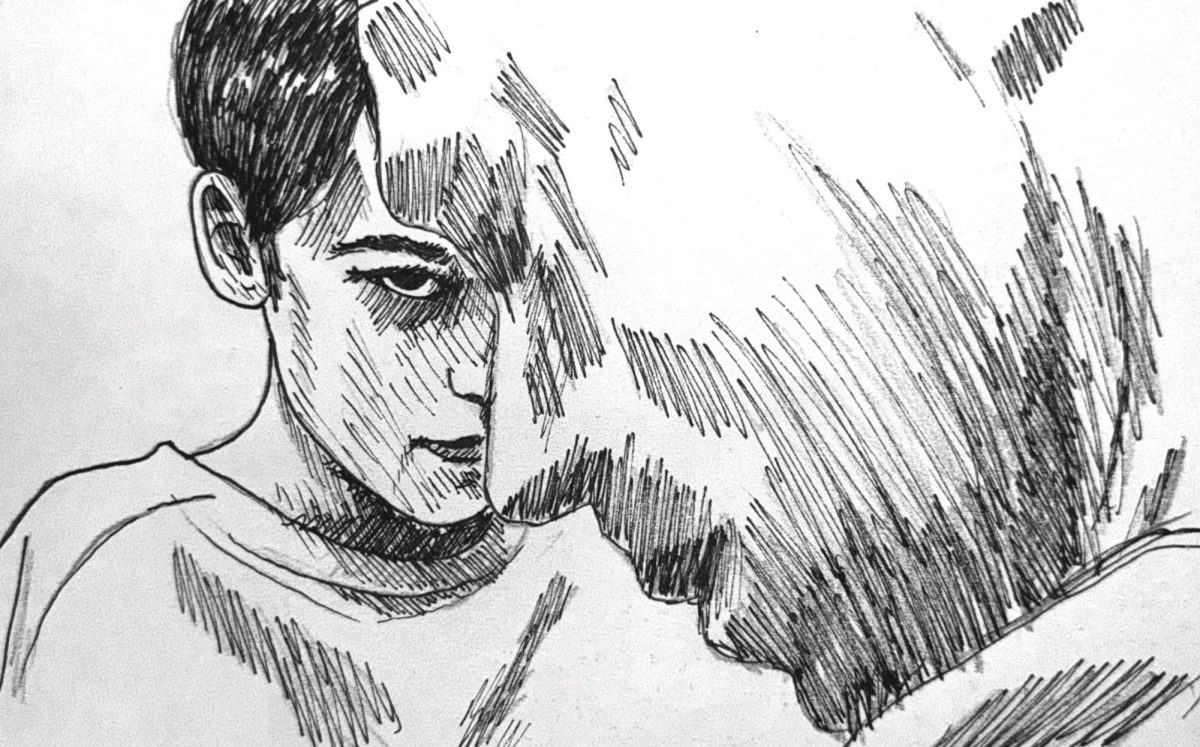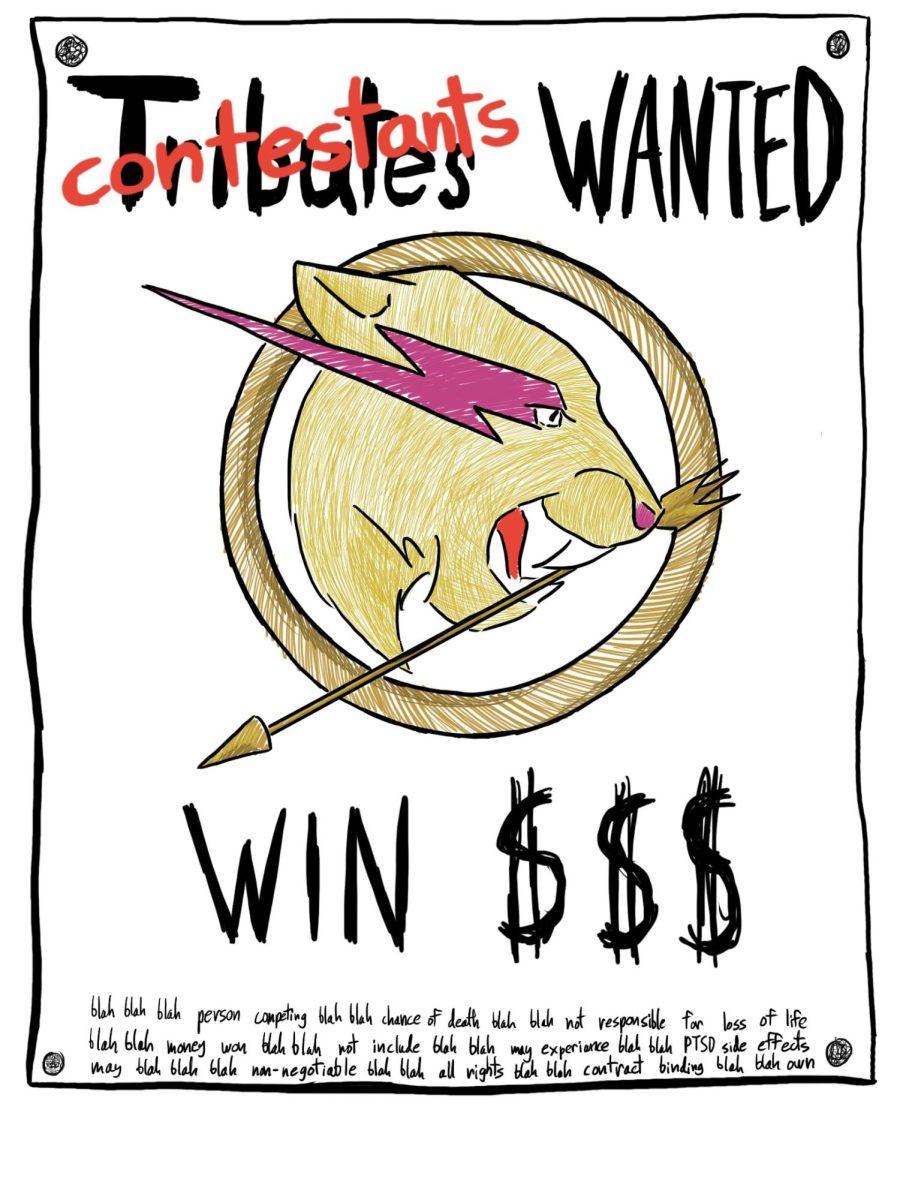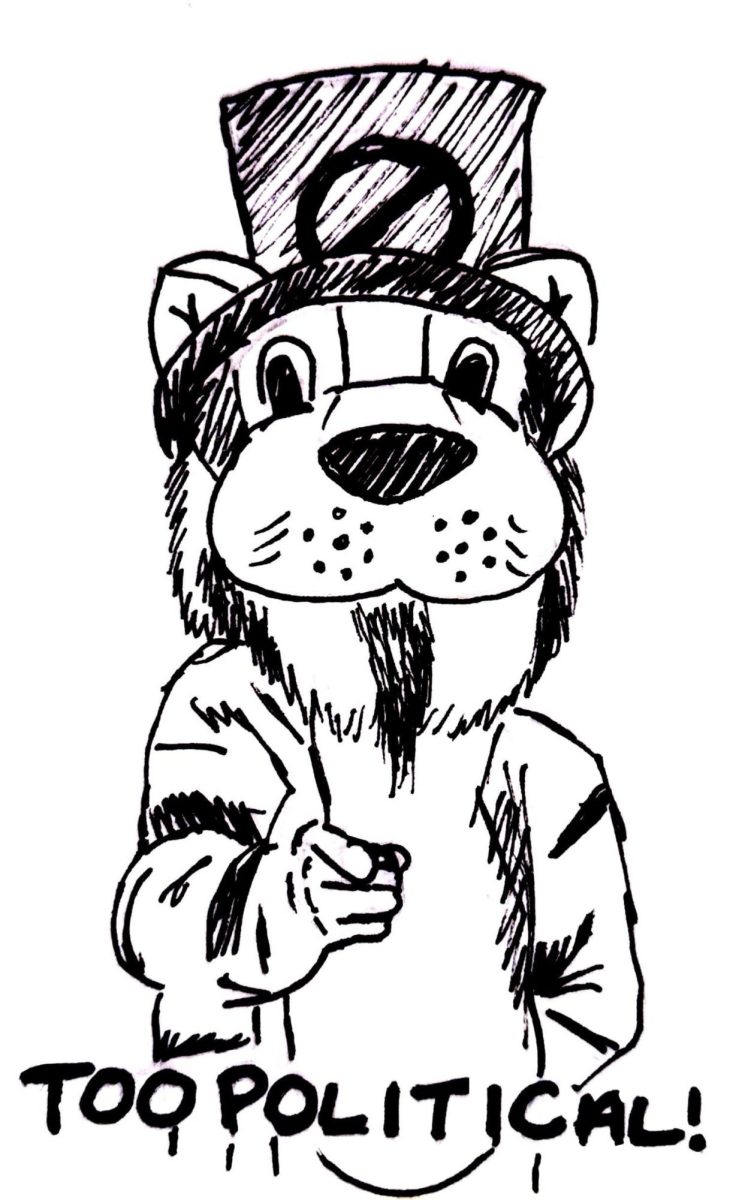
This past weekend, “Saturday Night Live” returned for its 38th season. The episode was well received by critics, but with the recent changes to the show itself and television in general, the show has entered a new era of hardship and must begin to adapt accordingly if it hopes to stick around into a fourth decade. Below are the major challenges the show faces and how the show must adapt to them in order to stay relevant in the world of television comedy.
Major Cast Change
Over the summer the show lost two of its biggest stars, Andy Samberg and Kristin Wiig. Jason Sudekeis decided to stay, but most likely for only one more season. With the two largest stars gone, the rest of cast is relatively unknown.
Many with only a few seasons under their belt, and four brand new cast members, the show will have to give these new members the opportunity in the spotlight and let its viewers find the next stars they can embrace. If they rely too heavily on existing sketches and characters they still hold onto, the audience will quickly move on.
2012 Election
Election years have always been important for SNL’s success and this fall will be no different. The show acknowledged this in their decision to have Jay Pharaoh (the youngest cast member) take over impersonating Obama from Fred Arminsen. Arminsen has portrayed Obama since he was only a candidate, but producers realized the importance of an accurate and funny impersonation of the incumbent President and the clear choice was to let Pharaoh take over.
Now the show will need to convince viewers growing up watching “The Daily Show” that it is still the premiere destination for political humor. That task won’t be easy, or even as easy as it was four years ago, but their ability to do so could define the show for years to come and decisions such as changing up existing formulas and playing around with different cast members may be the key to that success.
NBC’s New Comedy Policy
Being on the “premiere network for broadcast comedy” has always helped SNL, but in a ratings struggle, NBC has decided recently to pursue “broader” comedies and focus on ratings. SNL has tried to become more “broad” for ratings in the past and the results were disastrous. Even though the network may be changing around it, the show needs to reject that mindset in order to stay relevant.
The End of “Digital Shorts”
If “Digital Shorts” fostered SNL’s relationship with the Internet, the show needs to find a way to keep that relationship going without them. The show needs to move past the occasional sketch turned viral video to stay relevant.
SNL has a noble history of knowing what’s best for its fans and for decades its worked, but with the show now squarely in the middle, and not the beginning, of the digital age, the show has to make more strides to connect and integrate its digital fan base.
The New Definition of “Celebrity”
Seth MacFarlane wasn’t a typical host this past weekend. Not an actor, singer or even athlete he breaks the mold of typical host. This is a step in the right direction and an indication the show realizes “celebrity” doesn’t need to mean the same thing it used to.
In the Internet age the celebrity can come from anywhere, and although the next YouTube star may not be a great fit to host the show, more educated risks on non-traditional hosts will be important to keeping audience’s attention for the forseeable future.






